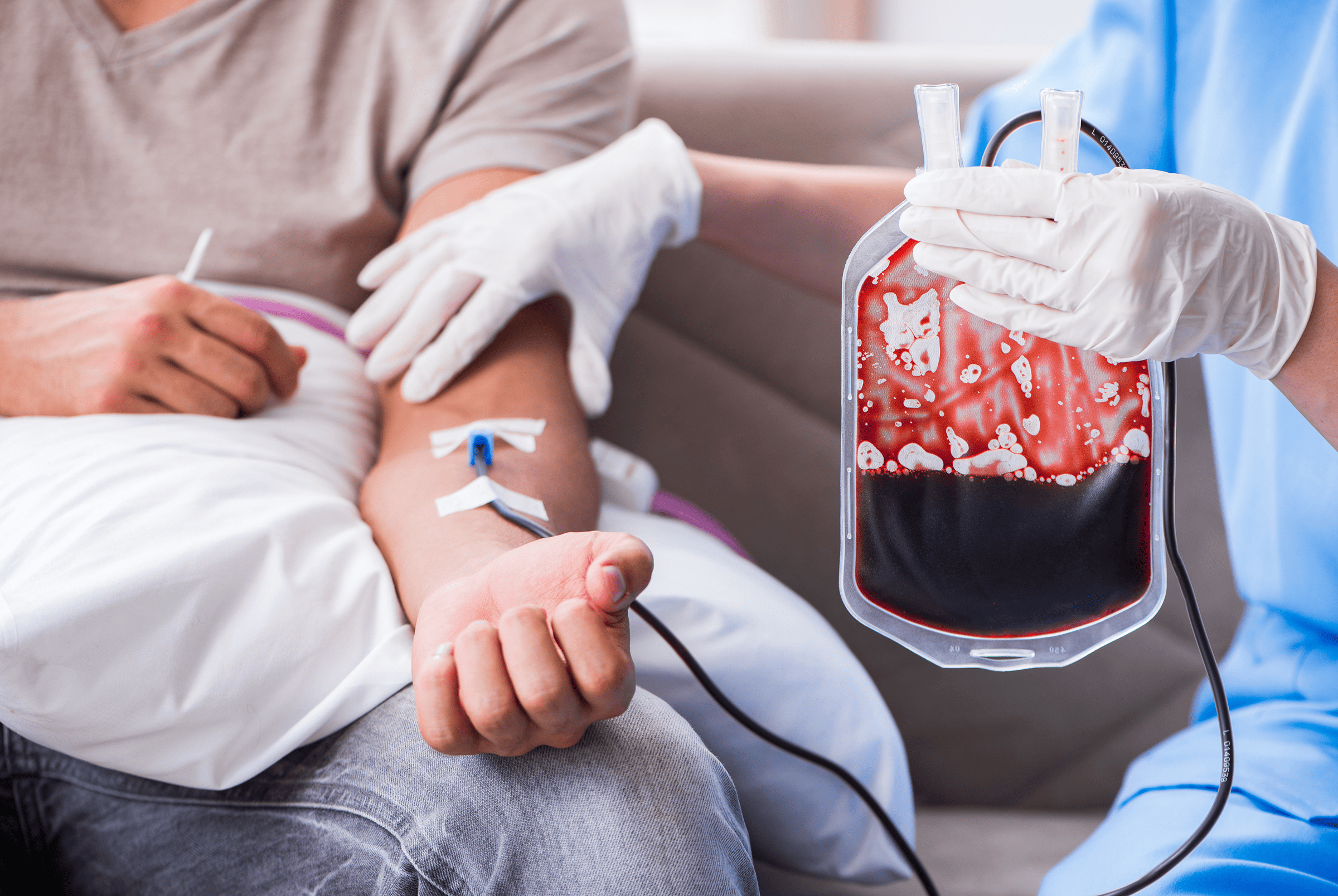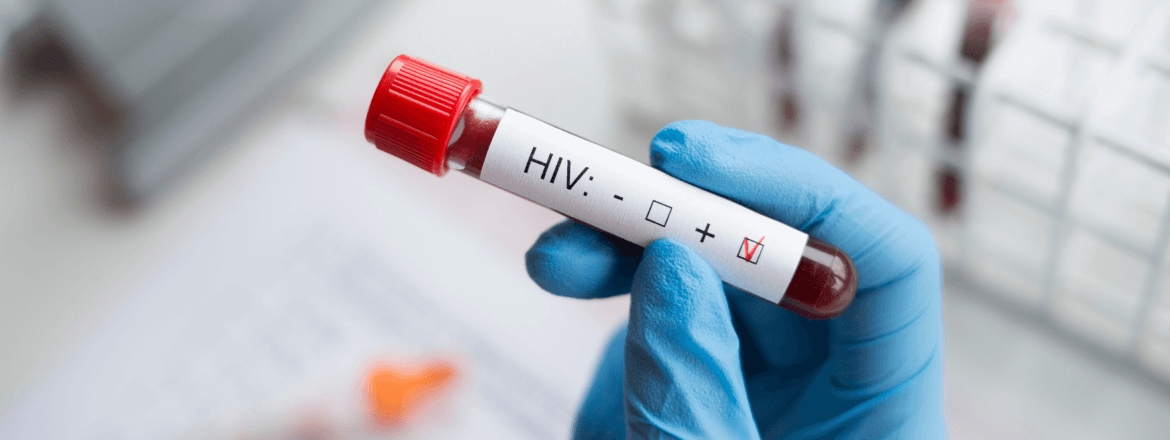
- What Is a Pediatric Nurse
- What Does a Pediatric Nurse Do
- How to Become a Pediatric Nurse
- Requirements to Be a Pediatric Nurse
- What Degree Do You Need to Be a Pediatric Nurse
- How Many Years to Become a Pediatric Nurse
- Pediatric Nurse Practitioner Programs
- Education for Pediatric Nurse
- How Long Does It Take To Become a Pediatric Nurse
- Conclusion
Pediatric nurses care for children, from newborns to adolescents, in various settings. They may work in hospitals, clinics, or private practices. The pediatric nurse profession is in high demand, and there are many opportunities for advancement. In this article, let’s explore how to become a pediatric nurse, their requirements, and how much time it can take to get into this profession.
What Is a Pediatric Nurse
Let’s look closely at what is a pediatric nurse. A pediatric nurse definition means a registered nurse cares for infants, children, and adolescents. They work in various settings, including hospitals, clinics, private practices, and schools.
Pediatric nurses must have a strong knowledge of child development and the physical and emotional needs of children of all ages. And this isn’t easy to gain because, in addition to numerous pediatrics essay examples as part of the study of theory, specialists working with children must have hundreds of hours of practice. In addition, pediatric nurses must be able to communicate clearly with other members of the health care team, as well as with parents and families.
What Does a Pediatric Nurse Do
A pediatric nurse is a nurse who specializes in caring for children from the age of infants to adolescents. So what does a pediatric nurse do? She works in various settings, including hospitals and private practices, and she also can work in schools and daycare centers. They provide preventive, acute, and chronic care to their patients.
They conduct physical assessments, administer medications and injections, and order laboratory tests. The pediatric nurse also educates the patient and their family about various health conditions. In addition, they are responsible for providing emergency care and long-term management of chronic diseases such as diabetes mellitus and asthma.
How to Become a Pediatric Nurse
Let’s consider the steps to become a pediatric nurse. What education and degrees do you need to have to be eligible for this position?
Educational requirements include an associate’s degree in nursing (ADN), which can be obtained at a community college or hospital-based nursing school. In addition, some employers may require a bachelor’s degree (BSN) for certain positions. Standard courses on how to become a pediatric nurse include pediatric nursing, medical-surgical nursing, and pediatric healthcare management.
- Obtain an associate’s degree in nursing (ADN) from a hospital or university program. This can take two years to complete, depending on the school and your individual needs.
- Continue education with a bachelor of science in nursing (BSN). This will give you more options for advancement within the field if you intend to stay in nursing after completing ADN nursing requirements.
- Take additional medical-surgical and pediatric nurse classes to gain experiences outside your basic education requirements, such as premature births and emergency procedures.
- Work toward becoming a certified pediatric nurse. This will give you an advantage when applying for jobs because employers know that you have taken steps toward improving your skills and knowledge. The American Nurses Credentialing Center offers a certification program that can be taken after completing an ADN program.
- Consider becoming a licensed pediatric nurse practitioner (LNP) if you want to work with children regularly and administer medications, such as antibiotics or vaccines.
Here are all the steps to becoming a pediatric nurse. So, with these requirements in mind, do you think, “How long does it take to be a pediatric nurse?” The answer depends on the educational path you will choose; an AND degree takes 2-3 years, while a BSN program takes 4 years. You may also continue education to become an APN, MSN, or DNP, which can take up to 4 more years.
With this information in mind, you can expect to get a position of a basic pediatric nurse in 4 to 6 years of education (3-5 years if you complete an AND program). Yet, the position of an advanced pediatric nurse (PNP or CNS) becomes accessible only for nursing professionals with advanced education degrees and specialized training diplomas discussed above.
Requirements to Be a Pediatric Nurse
The requirements to be a pediatric nurse will vary depending on where do pediatric nurse practitioners work. Still, most employers will require at least a bachelor’s degree in nursing and experience working with children or adolescents in a medical setting. In addition, some positions may require additional pediatric nurse requirements, such as certifications from organizations such as the American Association of Pediatrics (AAP) or the National Association of Pediatric Nurse Practitioners (NAPNAP).
Once you’ve obtained a bachelor’s degree, you’ll be required to complete an accredited registered pediatric nurse (RN) program. Once you’re licensed as an RN, you can work in many different settings. For example, you might be a part of a pediatric outpatient clinic or a medical-surgical unit at a hospital. Alternatively, you could work in private practice or for an organization that provides care for low-income families through Medicaid or another government program.
What Degree Do You Need to Be a Pediatric Nurse
To become a pediatric nurse, you must know what degree do you need to be a pediatric nurse. First, you must earn a bachelor’s degree in nursing, pass the National Council Licensure Examination (NCLEX), and complete an approved pediatric nursing program. You must also be licensed by the American Nurses Association (ANA). There are two paths to licensure: the registered nurse (RN) or the advanced practice registered nurse (APRN) certification. After you have earned your license, there are many different areas of nursing that you can work in, including hospitals, schools, private clinics, and medical centers.
How Many Years to Become a Pediatric Nurse
You may wonder, how many years of college to be a pediatric nurse? You can start working as a pediatric nurse in about two years if you complete an associate’s degree program. An associate’s degree, or A.A., is the minimum educational requirement for nurses in most states. Most schools offer an A.A. degree in nursing that takes about two years to complete and includes general education classes and clinical training. In addition, many associate’s programs include a preceptorship, or a supervised practice experience, which gives valuable on-the-job training during your last semester or two of schooling.
If you want to continue your education after getting started, consider pursuing a bachelor’s degree program. All types of nurses have at least a BSN (Bachelor of Science in Nursing), though some may have an MSN nursing education or even a doctorate. In most cases, you’ll need at least four years to complete an undergraduate program and graduate school.
Pediatric Nurse Practitioner Programs
If you’re interested in becoming a pediatric nurse practitioner (PNP), you’ll need to complete a PNP program. Pediatric nurse practitioner programs are typically offered at the graduate level and prepare pediatric nurses to care for children and families.
- University of California (UCSF). School of Nursing and UCSF Postgraduate Medical Education Center (PGMEC) offer an Advanced Certificate Program in Pediatric Nurse Practitioner Practice, which provides clinical and didactic experiences. The program includes clinical practice, preceptorship, an advanced pediatric clinical rotation, and a primary care clinic internship.
- University of California (UCSD). School of Nursing. UCSD offers a five-year PNP program on how to become a registered nurse with at least one year of experience. The Children’s Hospital of San Diego has a program with classroom and clinical components. Students will spend three years at the graduate level and two years at the postgraduate level.
- Columbia University (NYC). Columbia offers an accelerated PNP program that prepares students to become pediatric nurse practitioners in one year less than most programs. Students complete their clinical experience at New York-Presbyterian/Columbia University Medical Center.
- University of California (UCLA). School of Nursing. UCLA’s program is a five-year graduate-level course that includes both didactic and clinical experiences. The program requires students to take an introductory course during their first year and several courses throughout the program.
Education for Pediatric Nurse
What you need to know before becoming a pediatric nurse is to provide the best care possible for your patients. To do this, you must get an education for pediatric nurse and be prepared for anything that might happen in the hospital or doctor’s office. In addition, you will need a wide range of skills, including emotional support, administering medication, and helping with any physical therapy needs.
How Long Does It Take To Become a Pediatric Nurse
Another question is how long does it take to become a pediatric nurse? Becoming a pediatric nurse may take four to six years of full-time pediatric nurse education, depending on the chosen program. In addition to completing an undergraduate degree in nursing, you will typically need to complete a master’s degree in pediatric nursing and pass the National Council Licensure Examination (NCLEX-RN) and the National Council Licensure Examination (NCLEX-PN) exams.
Conclusion
To conclude, if you are wondering how to become pediatric nurse practitioner, there are a few things you need to do to be successful. First, you must understand why be a pediatric nurse is your path. Also, have a strong medical terminology and anatomy foundation. Additionally, you will need to have a strong understanding of pharmacology and therapeutics. To be a successful pediatric nurse, you also need to be able to work as part of a team. Finally, you will need to be able to handle stress well.















































